It’s a common misconception that a villain needs to be sympathetic in order to be interesting. While there is certainly a place for sympathetic villains, villains who don’t give you a reason to care about them can be far from boring.
There are several reasons why an audience can love an irredeemable villain. The first reason is that some people just like to see how “deliciously evil” the antagonist can get. Be it in video game villains like Kefka from Final Fantasy VI, or anime villains like Ragyo Kiryuinn from Kill la Kill, there’s a certain appeal to seeing villains gleefully do increasingly horrible things.
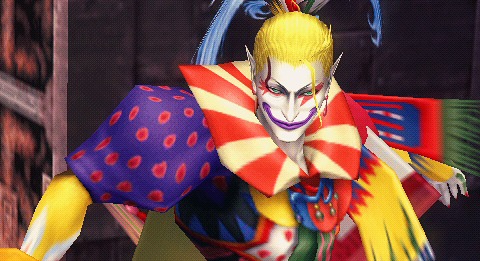
Another reason people are drawn toward flat out evil characters is because they’re curious over what made them that way. This comes back to the classic argument of nature vs nurture. While some villains were seemingly born psychopathic and sadistic, such as Alex from Stanley Kubrick’s “A Clockwork Orange” and Dalia Hawthorne from the Ace Attorney series, others, like Freeza from Dragon Ball Z and Ganondorf from The Legend of Zelda series, are the way they are for specific reasons.
Ganondorf turned to evil because of the racism his race, the Gerudo, faced from Hyrulians, and Freeza was specifically raised by his father to be just as cruel as he is.
Continuing with Freeza, we move on to the next reason people love irredeemable villains: they love to hate them. When villains like Freeza, Joffrey Baratheon from the A Song of Ice and Fire book series, or Flowey from Undertale commit a despicable act after despicable act, the audience loves to see them every time they show up, because they can’t wait for the moment when they get their comeuppance.
And with examples like Joffery, the most cartoonishly evil character in a book series with mostly realistically written characters, the author, George R.R. Martin, made sure to have his death be as embarrassing and degrading as possible. Other examples of heinous villains dying painful and satisfying deaths are Edgar Ross from Red Dead Redemption and Uberto Alberti from Assassins Creed 2.
Beyond all of these though, there’s the trickiest type of irredeemable villain to write. The villain protagonist. Most of the examples people list as villain protagonists, such as Lelouch from Code Geass and Kratos from God of War, are actually anti heroes, although to much different degrees. Even true villain protagonists like Wander from Shadow of the Colossus, at the very least, have reasons for what they do which some people can get behind.
Some villain protagonists though, are straight up monsters, who you’d think most people wouldn’t root for. Sticking strictly to videos games for this, since it’s the medium that creates the strongest ties between the audience and the media, let’s look at Spec Ops: The Line.
The protagonist Walker, while initially an anti hero, develops a more violent, sadistic streak as the game progresses. By the end, it’s hard to feel sympathy for him, but people still like him for one simple reason: He’s interesting. Like the protagonists of classic literature such as Macbeth and Odysseus, he is a good man, whose fatal flaw, in this case, Walker’s inability to let go of his dreams of being a hero, results in him becoming something he hates, and his eventual downfall.
Another similar, yet as the same time, completely different example, is Travis Touchdown from the No More Heroes series. While the second game develops Travis’s character and performs an act similar to Spec Ops: The Line by criticizing the player for committing horrible acts as a power fantasy, Travis still had a rather large fan following after the first game. For those unaware, in the first game, he was a mass murdering assassin whose primary motivation was to have sex with an attractive woman.
So why did people like him?
It wasn’t because he was particularly interesting, but because he was relatable. Outside of the killing, Travis is a lot like many of the people who’d probably play his game. He’s lazy, he’s an otaku, he’s a gamer, he loves his cat, and yes, he’s openly horny.
A villain, even an incredibly evil one, doesn’t have to be defined by said evil. They can, and often do, have outside interests and traits.
All of these are reasons why people love irredeemable villains.
NOTE: Special thanks to Red Angel for the help with this article.

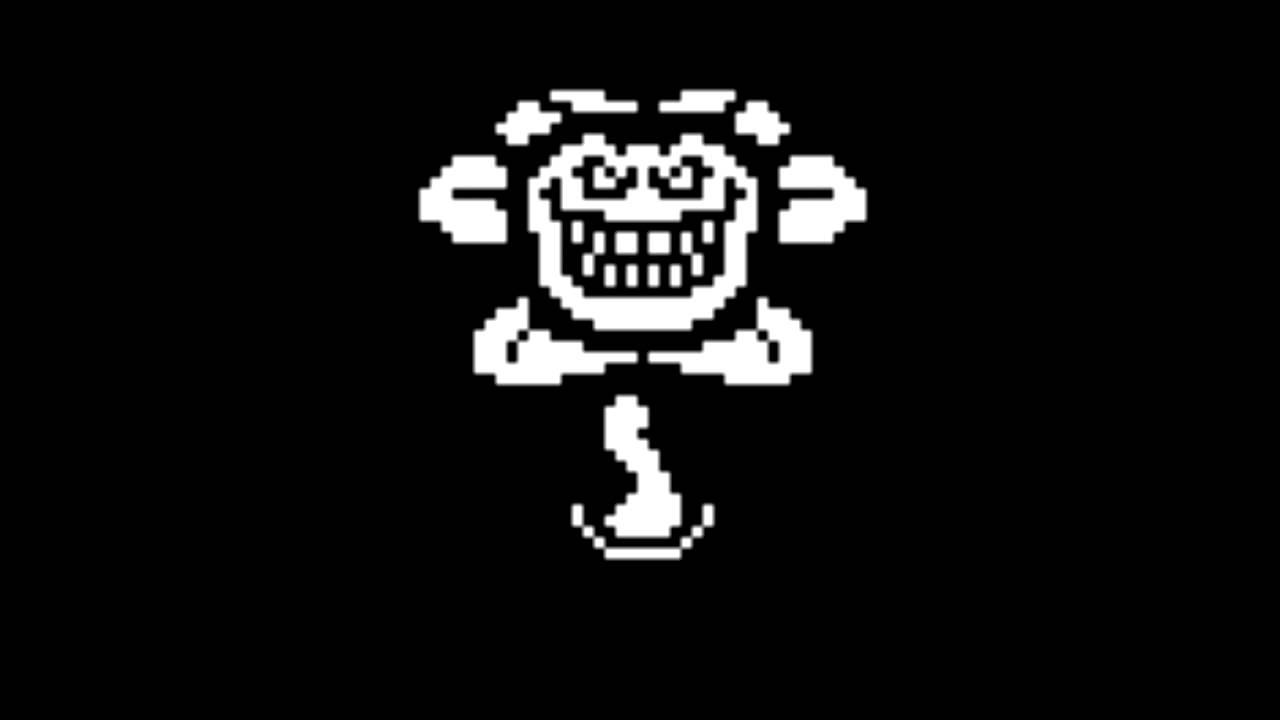
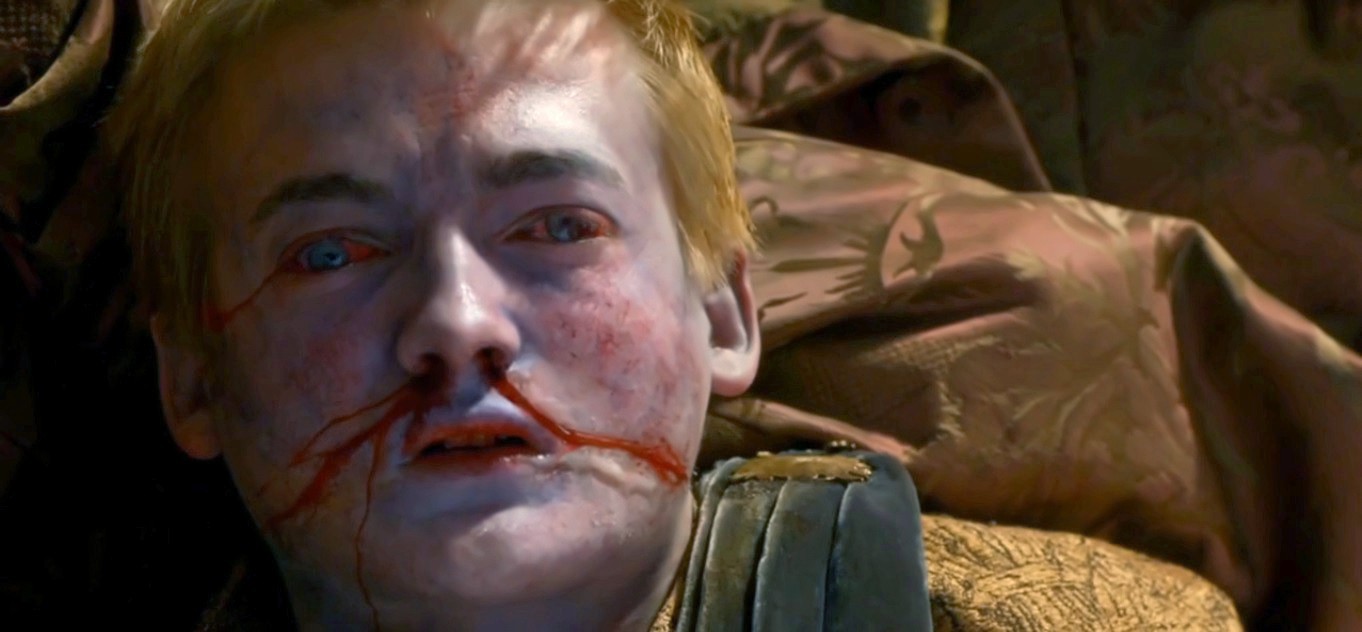
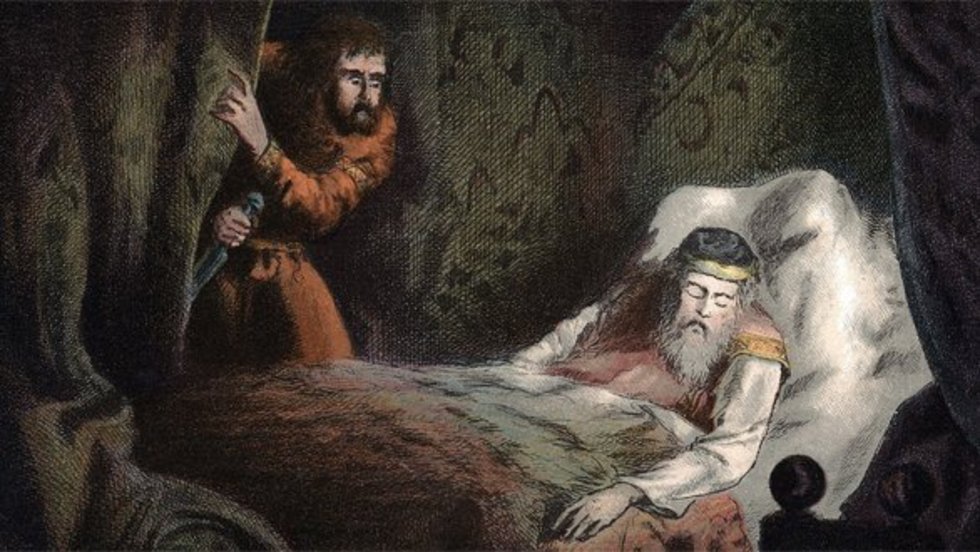
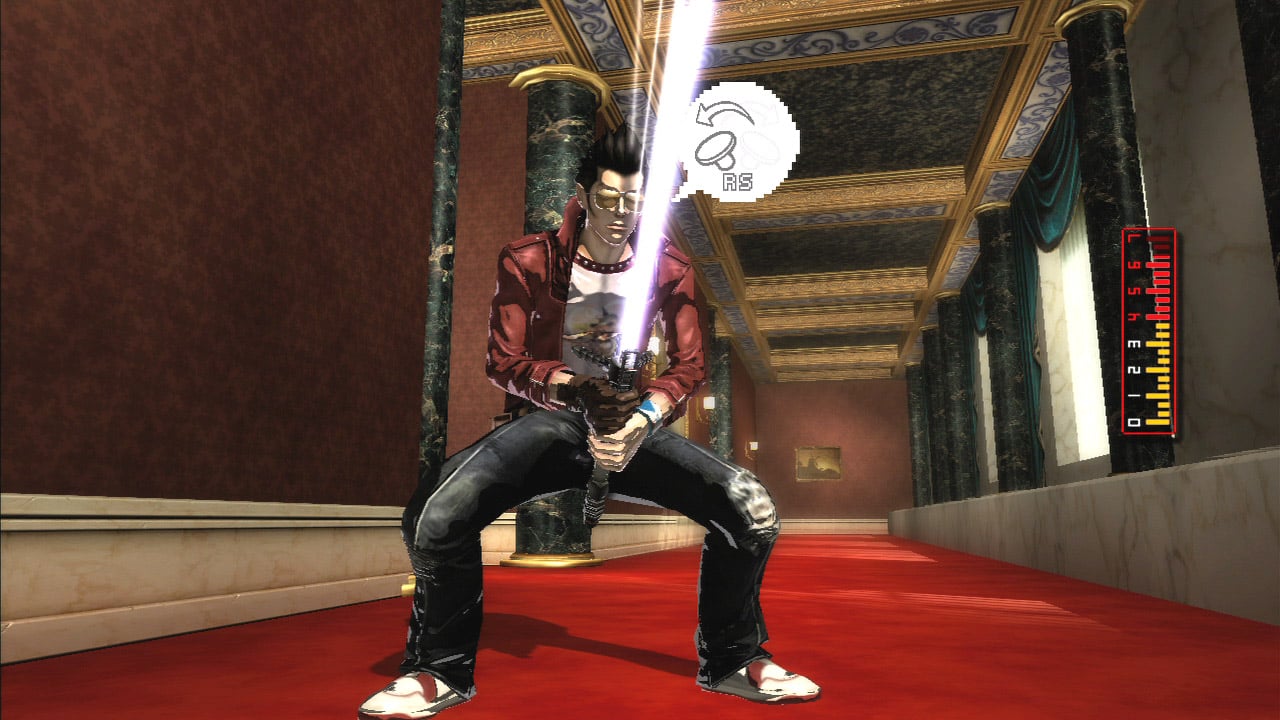





Published: Jan 8, 2017 06:23 pm